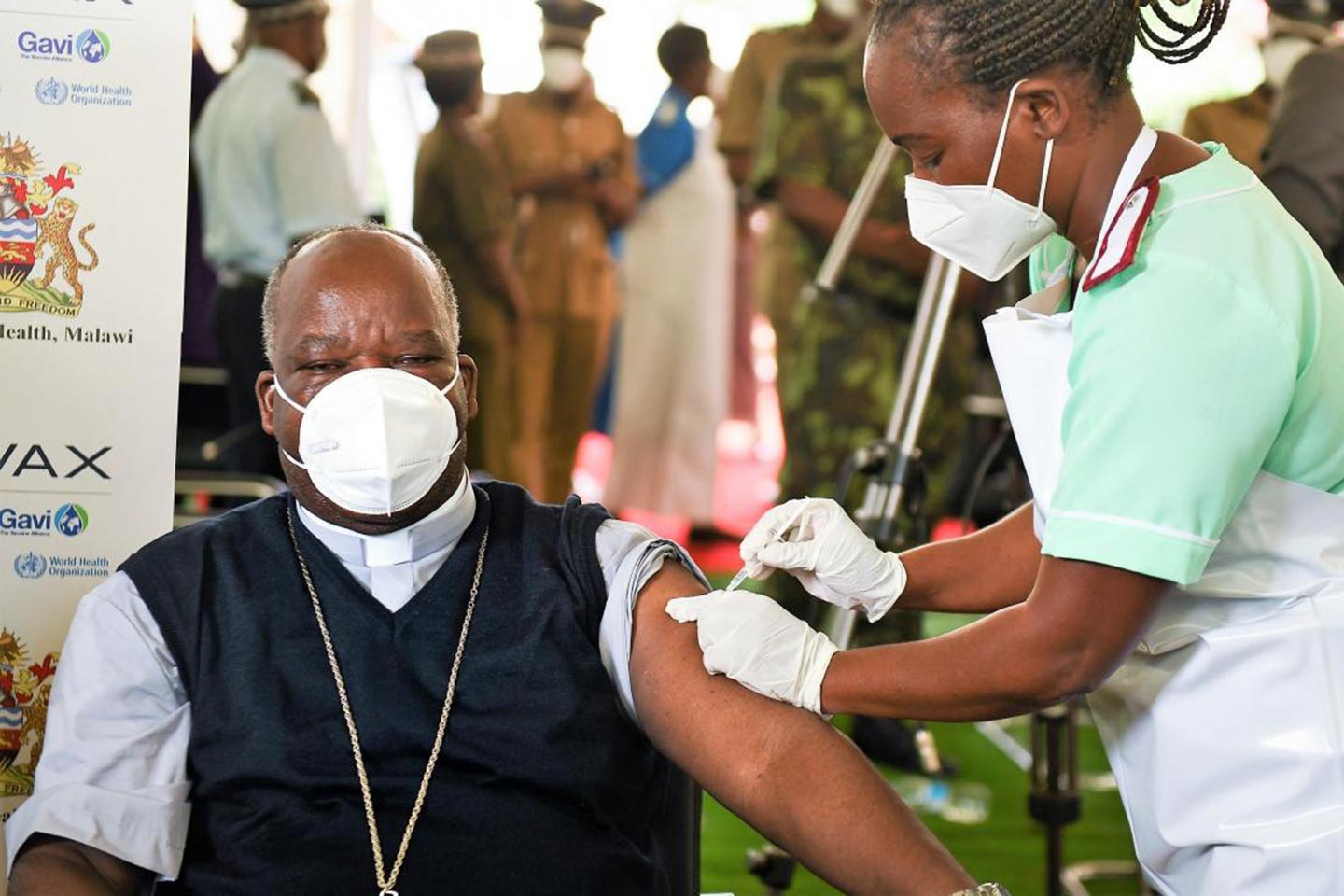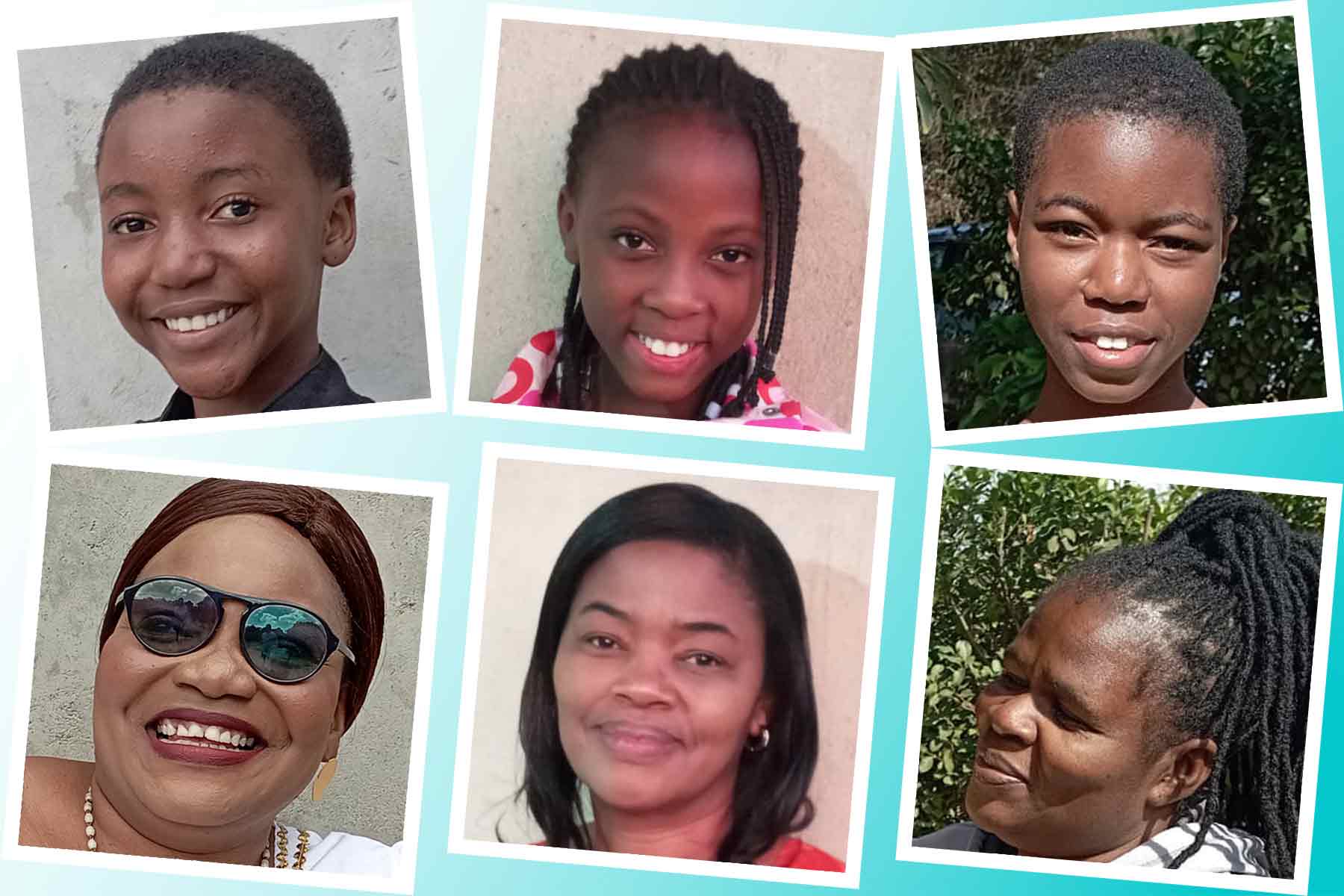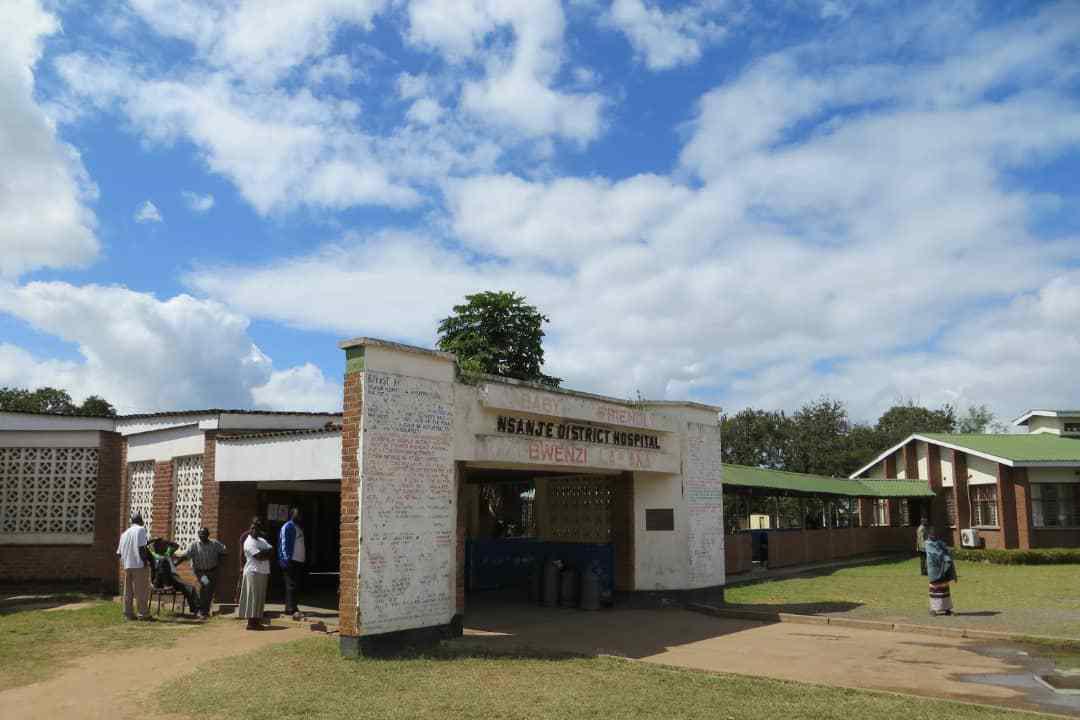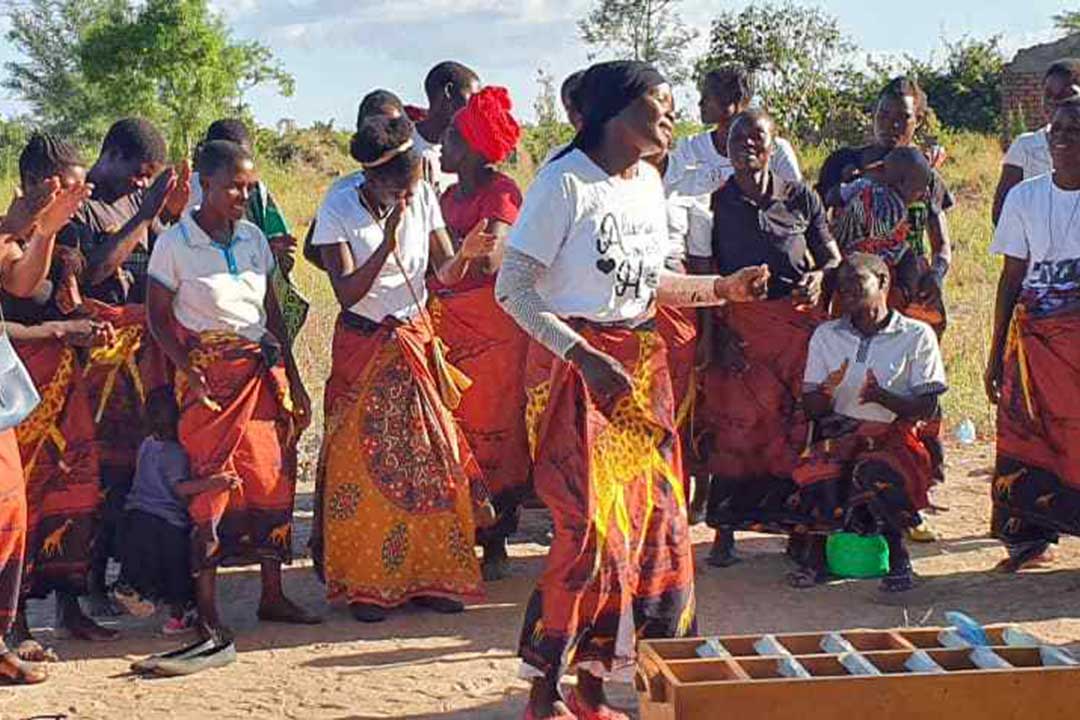Traditional and religious leaders spearhead COVID-19 immunisation in Malawi
Communities often look to their traditional and religious leaders when it comes to advice on how to live. In Malawi, they are stepping to the fore.
- 16 April 2021
- 5 min read
- by Josephine Chinele

On 5 March 2021, the plane carrying a consignment of 360,000 doses of the Oxford-AstraZeneca vaccine was welcomed with much pomp and jubilation as it landed at Kamuzu International Airport in Lilongwe, Malawi’s capital city.
Six days days later, Malawian President Dr. Lazarus Chakwera, the First Lady, Vice President Saulos Chilima, religious leaders, notably Archbishop Thomas Luke Msusa of the Catholic Church, and traditional leaders were vaccinated.
For the Malawian government, no-one is safe until everyone is safe and everyone, including traditional and religious leaders, are playing their part in ensuring that as many people as possible take the vaccine.
Following this, the COVID-19 vaccination rollout commenced in all of Malawi’s 28 districts through the District Health Offices. Health workers were the first to receive the jab followed by people in uniform (the police and the military), social workers, the elderly (60+) and those with underlying health issues.
Beyond getting the vaccine, many other community role models have taken up the mantle of encouraging their communities to get vaccinated.
Inkosi ya Makosi Mbelwa of Mzimba was one of the people to take the first jab in the northern region. He says that it was important for him to lead by example because he cannot be a leader without the people.
“I need people to be where I am. Leaders should lead in spreading the positive information about the COVID-19 vaccine when it’s their turn for their village to be vaccinated. Prioritisation of the elderly is a Malawian sign of preservation of our culture, whose custodians are the elderly,” he said in a COVID-19 daily update meeting aired on the national broadcaster, the Malawi Broadcasting Corporation, on 30 March, 2021.
The Ngoni Chief also emphasised that being vaccinated does not mean relaxing COVID-19 preventive measures: “It’s been almost a month since I took the jab. Nothing negative has happened to me, and I’m still observing COVID-19 preventive measures.”
Have you read?
While there has been some discomfort in religious circles, the majority have been at the forefront of being vaccinated, setting an example for their congregations. For example, prior to the COVID-19 vaccine roll-out in Malawi, Jehovah’s Witness was the first independent Christian denomination in Malawi to endorse the vaccine.
Minister of Health, Khumbize Chiponda described the endorsement as an important milestone, especially considering some of the rules around medical and surgical care, in particular blood transfusions, amongst Jehovah’s Witnesses.
Patrick Tawakali, a 63-year-old Jehovah’s Witness, says, “We don’t eat animals that have died on their own and we don’t receive or donate blood, amongst other beliefs. Our church approved the use of the COVID-19 vaccine since it doesn’t involve direct blood contact but it also gave us, as Witnesses, the choice to get the jab at our own will.”
Tawakali was vaccinated at Limbe Health Centre in Blantyre. “After I received the jab, my national identity card details were written into a green vaccination card bearing the Ministry of Health logo. The health workers at the site also briefed us on the expected side effects and the importance of vaccines. I experienced minor side effects. I had a headache that disappeared immediately after taking pain killers.”
Professor Adamson Muula, a Public Health Specialist from the College of Medicine, says: “I got vaccinated and so did many members of my family. The leadership so far from national leaders, including the Archbishops, was exceptional.”
Secretary for Health, Dr Charles Mwansambo says the Ministry is pleased that most religious groupings and leaders have been positive about the COVID-19 vaccine. “This vaccine isn’t compulsory so it’s hard for us to force a small fraction of people who are resisting to get the jab. The best we can do is encourage them through our messaging that have been put in place.”
Dr Mwansambo also acknowledges that the immunisation of traditional leaders, health workers and religious leaders, in addition to that of the President, Vice President and former Heads of State, has tremendously boosted COVID-19 vaccine coverage.
As of Sunday, April 10, 2021, 1,127 people have died out of a total of 33,805 people who have had COVID-19.
Co-Chairperson for the Presidential Taskforce on COVID-19, Dr Wilfred Chalamila-Nkhoma says Malawi has administered over 204,358 vaccines, which is about 40 percent of the AstraZeneca vaccines the country received under the COVAX initiative. The Ministry of Health has increased vaccination sites to include workplaces and shopping malls in order to reach as many people as possible.
In a televised briefing, Dr Chalamila-Nkhoma said, “No major side effects have been reported among the people that have been vaccinated so far. The vaccine safety surveillance system will continue to monitor the vaccination exercise and the public will continuously be updated."
For the Malawian government, no-one is safe until everyone is safe and everyone, including traditional and religious leaders, are playing their part in ensuring that as many people as possible take the vaccine.









